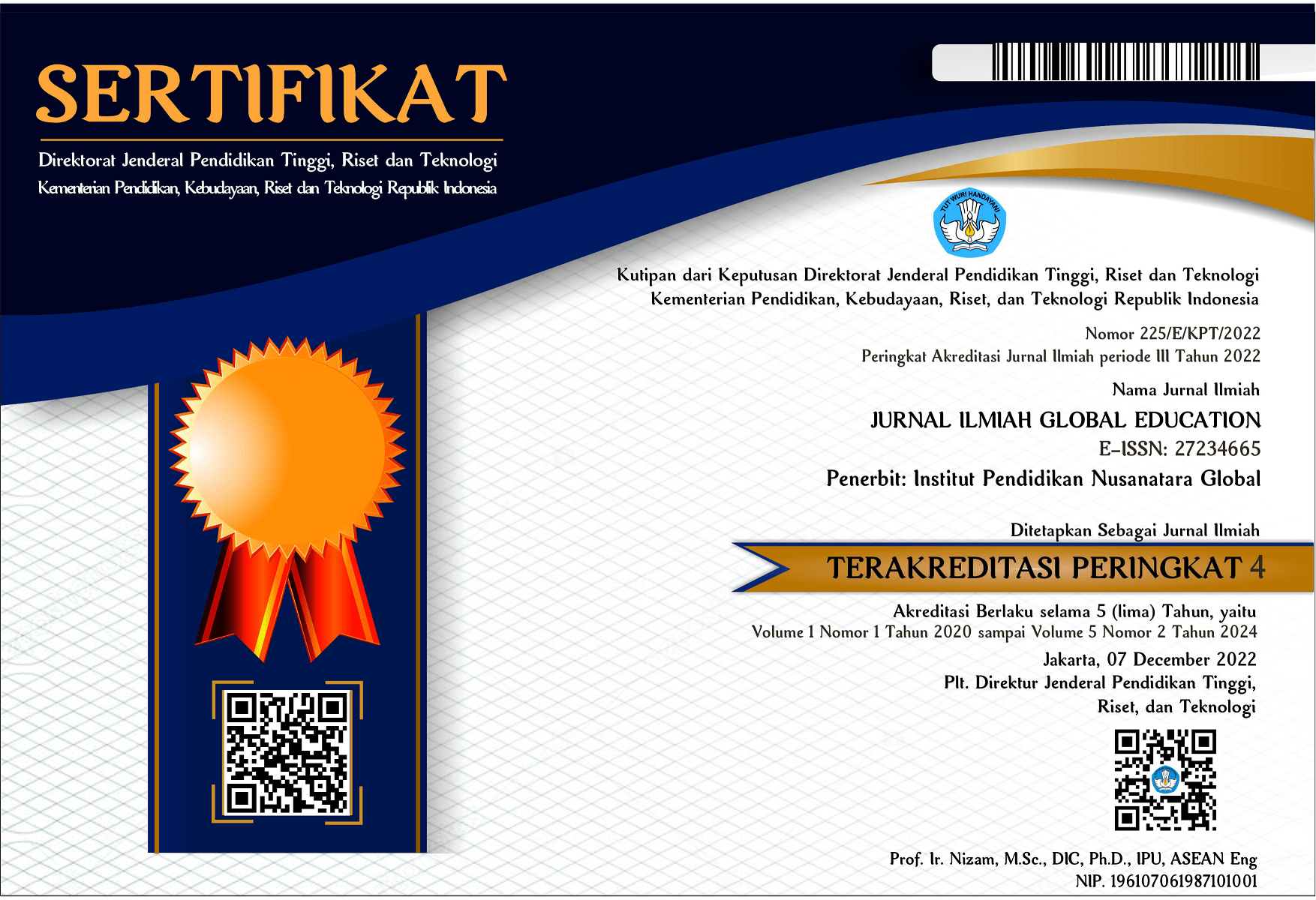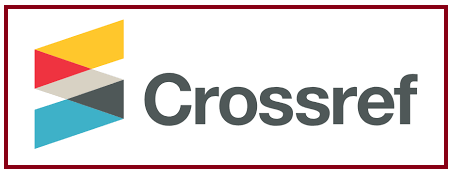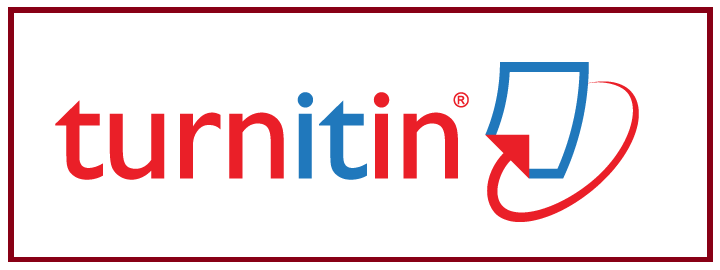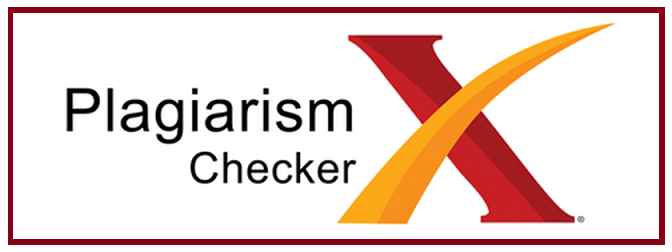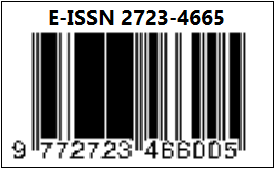Implementasi Permen LHK No. 52 dan 53 Tahun 2019 di Lingkungan SDN 02 Sungai Naning dan SMPN 1 Bukit Barisan Kabupaten Lima Puluh Kota
DOI:
https://doi.org/10.55681/jige.v5i2.2686Keywords:
Adiwiyata School, Environment, LKH Regulation 52 and 53, Policy ImplementationAbstract
The issuance of Minister of Environment and Forestry No. 52 and 53 of 2019, makes all schools have to implement it, with the aim of creating a representative learning environment that is fun and comfortable for students as an effort to form an environmentally caring character. Implementation of Minister of Environment and Forestry No. 52 and 53 of 2019 at SDN 02 Sungai Naning and SMPN 1 Bukit Barisan using several concrete steps, namely planning, organizing, implementing and controlling. The purpose of the study is to evaluate and describe planning, organizing, actuating, and control in implementing Minister of Environment and Forestry No. 52 and 53 of 2019 in the environment of SDN 02 Sungai Naning and SMPN 1 Bukit Barisan Kab. Fifty Kota. This research is a field type (field research) with qualitative methods, and the approach is descriptive analytics. The source of the data is research informants, in the form of primary data, namely the heads of SDN 02 Sungai Naning and SMPN 1 Bukit Barisan. The secondary data consists of the Head of the Education Office and the Head of the Ministry of Religion of Fifty City Regency, Vice principals, and students. Research instruments in the form of observation, interviews and documentation. Data analysis using reduction techniques, display verification and drawing conclusions. Test validity with credibility, dependability, capability and auditoring tests. Research results 1) Insightful policy planning, including issuing decrees (SK), forming an Adiwiyata implementation team, forming organizational structures, integrating with the school's vision and mission, and conducting mapping. Planning for an environment-based curriculum by integrating it into the curriculum, learning methods and models, participatory based environmental activity planning including mutual assistance, extracurricular scouts, making green houses, living pharmacies, hydroponics, planning infrastructure management including resource utilization, waste and waste management systems, building partnerships with related agencies. 2) Organizing includes division Job description in accordance with the organizational structure. 3) Implementation in the implementation of Minister of Environment and Forestry No. 52 and 53 by carrying out all parts of planning properly and correctly. 4) Control activities in the form of monitoring, inspection, supervision, and evaluation as well as projections for future maturity.
Downloads
References
Amirulmukminin, (2014) Strategi Pembentukan Karakter Peduli Lingkungan Di Sekolah Adiwiyata Mandiri, Jurnal UIN Sutan Thaha jambi 169-202 di akses 18 November 2021
http://jurnal.radenfatah.ac.id/index.php/tadib/issue/view/4
Andi Makkasau, Ahmad Syawaluddin, Sulfadly, 2020. Pengaruh Penerapan Program Adiwiyata Terhadap Sikap Peduli Lingkungan Siswa Kelas IV dan V SD Inpres BTN IKIP I Kecamatan Rappocini Kota Makassar Pendidikan Guru Sekolah Dasar, Fakultas Ilmu Pendidikan, Universitas Negeri Makassar. Jurnal Publikasi Pendidikan Volume. 10 Nomor 3, http://ojs.unm.ac.id/index.php/pubp. Diakses 14 Maret 2022
Darini Kurniawati, 2021, Farmasis Cilik Di Sekolah Adiwiyata SMPN 19 Banjarmasin Sebagai Agent of Change Di Lingkungan Sekolah, Keluarga Dan Masyarakat Sekitarnya, diakses dari Universitas Sari Mulia, Banjarmasin, Kalimantan Selatan, Indonesia https://scholar.google.com/scholar?hl=id&as_sdt=0%2C5&q=farmasis+cilik+disekolah+Adiwiyata &btnG=#d=gs_qabs&u=%23p%3DoXfP- Sehjx0J, 27 Oktober 2021
Devi, Muh. 2013. Managemen Berbasis Sekolah: Jakarta: Sabit Offset.
Freddy Rangkuti, 2013. Swot-Balanced Scorecard. Jakarta: Gramedia Pustaka Utama
Ipo Astria, Mega Kusuma Putri, 2018. Peran Siswa Pada Program Adiwiyata dalam Mengurangi Pemanasan Global di SMA Negeri 4 Kabupaten Lahat, SMPT Pesantren Al-Quds, Pendidikan Geografi Universitas PGRI Palembang. Jurnal Swarnabhumi Vol. 3, No. 2, https://www.researchgate.net/publication/341213836_Peran_Siswa_Pada_Program_
Adiwiyata_Dalam_Mengurangi_Pemanasan_Global_Di_Sma_Negeri_4_Kabupaten_
Lahat Diakses 14 Maret 2022
Kansil, C. (2001). Kamus Istilah Aneka Ilmu. Jakarta: Surya Multi Grafika.
Mirza Desfandi, Enok Maryani and Disman, 2017. Building Ecoliteracy Through Adiwiyata Program (Study at Adiwiyata School in Banda Aceh). Faculty of Geography UGM and The Indonesian Geographers Association. https://jurnal.ugm.ac.id/ijg. Diakses 14 Maret 2022
Nindri, May Chilia, 2018. Implementasi Program Adiwiyata di Kota Padang scholar.unand.ac.id/39087 di akses 27 Oktober 2021
Nurhafni, Almasdi Syahza, dan Auzar, 2019. Strategi Pengembangan Program Sekolah Adiwiyata Nasional di Tingkat SMA Kota Pekanbaru, Diakses 14 Maret 2022
https://dli.ejournal.unri.ac.id/index.php/DL/article/view/7202.
Nurhayatun Husna, (2021), Penerapan Sekolah Ramah Lingkungan: Studi Kasus Penerapan Adiwiyata Di SDN 01 Buantan Lestari, Riau Education Journal Agustus 2021 diakses 18 November 2021
http://jurnal.pgririau.or.id/index.php/rej/article/view/17
Rabiatul Adawiah, 2019. Implementation of Adiwiyata Program to Build Environmental Awareness, Faculy of Teacher Training and Educaion, Lambung Mangkurat University, Indonesia. Journal of Wetlands Environmental Management Vol 7, No. 2 http://ijwem.ulm.ac.id/index.php/ijwem. Diakses 14 Maret 2022
Rohimi Zamzam, dan Mita Arifiah, 2018. Prosiding Seminar Nasional Pendidikan Era Revolusi “Membangun Sinergitas dalam Penguatan Pendidikan Karakter pada Era IR 4.0” Universitas Muhammadiyah Jakarta, Indonesia, Penerapan Program Sekolah Adiwiyata Kepada Karakter Siswa, Fakultas Ilmu Pendidikan Universitas Muhammadiyah Jakarta.
https://jurnal.umj.ac.id/index.php/SNP/article/download/2775/2259
Santoso, (2021), Kamus Besar Bahasa Indonesia, Jakarta: Bulan Sabit Press.
Sri Nuzulia, (2019), Implementasi Program Adiwiyata Mandiri dalam Menanamkan Karakter Peduli Lingkungan. Jurnal UIN Jakarta 155-164 diakses 18 November 2021.
https://core.ac.uk/download/pdf/291 608616 .pdf
Sugiyono. (2012). Metode Penelitian Kuantitatif Kualitatif dan R dan D. Bandung: CV. Alfabeta.
Ummi Nur Rokhmah, 2019. Pelaksanaan Program Adiwiyata Sebagai Upaya Pembentukan Karakter Peduli Lingkungan Siswa di Madrasah Ibtidaiyah, Program studi PGMI, Fakultas Tarbiyah dan Keguruan, IAIN Syekh Nurjati Cirebon. Al Qalam: Jurnal Ilmiah Keagamaan dan Kemasyarakatan Vol. 13, No. 1 Diakses 14 Maret 2022
https://jurnal.stiq-amuntai.ac.id/index.php/al- qalam/article/download/133/93.
Universitas Muhammadiyah Jakarta, Indonesia, Penerapan Program Sekolah Adiwiyata Kepada Karakter Siswa, Fakultas Ilmu Pendidikan Universitas Muhammadiyah Jakarta https://jurnal.umj.ac.id/index.php/SNP/article/download/2775/2259. Diakses 14 Maret 2022
Yanti Dwi Rahmah dkk, 2020. Implementasi Program Sekolah Adiwiyata (Studi pada SDN Manukan Kulon III/540 Kota Surabaya), 754 diakses dari Universitas Brawijaya https://scholar.google.com/scholar?h l=id&as_sdt=0%2C5&q=sekolah+Adiwiyata &oq=sekolah+adi#d=gs_qabs&u=%23p%3DG9UVJHkk4JoJ, 27 Oktober 2021
Yulia Indahri, 2020. Pengembangan Pendidikan Lingkungan Hidup Melalui Program Adiwiyata (Studi di Kota Surabaya) Environmental Education Development through Adiwiyata Program (Study in Surabaya City). Aspirasi: Jurnal Masalah-Masalah Sosial, Volume 11, No. 2 http://jurnal.dpr.go.id/index.php/aspirasi/index. Diakses 14 Maret 2022
Downloads
Published
How to Cite
Issue
Section
License
Copyright (c) 2024 Yenti Eflita, Lilik Sulistyowati, Sandra Sukmaning Adji

This work is licensed under a Creative Commons Attribution-ShareAlike 4.0 International License.


